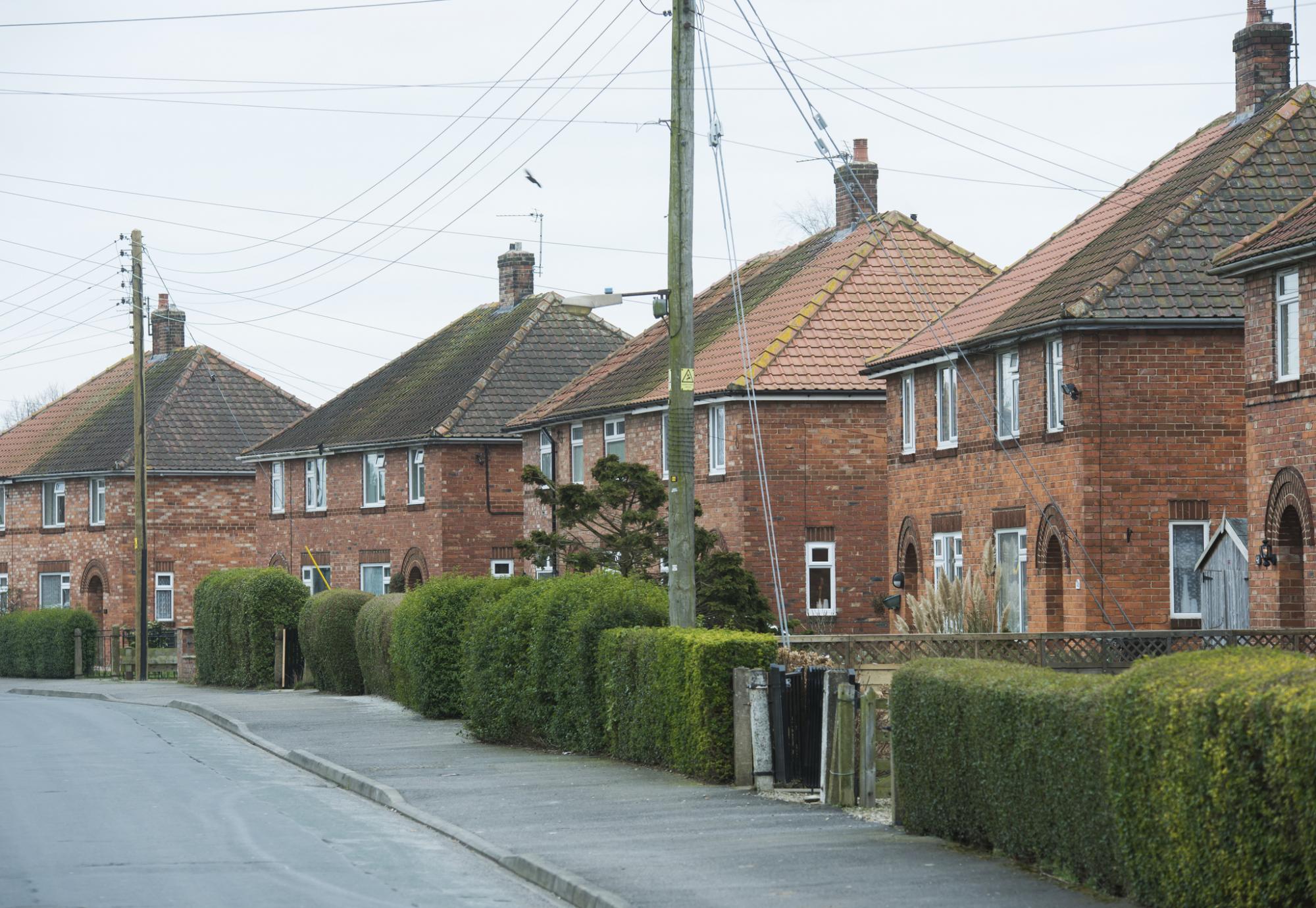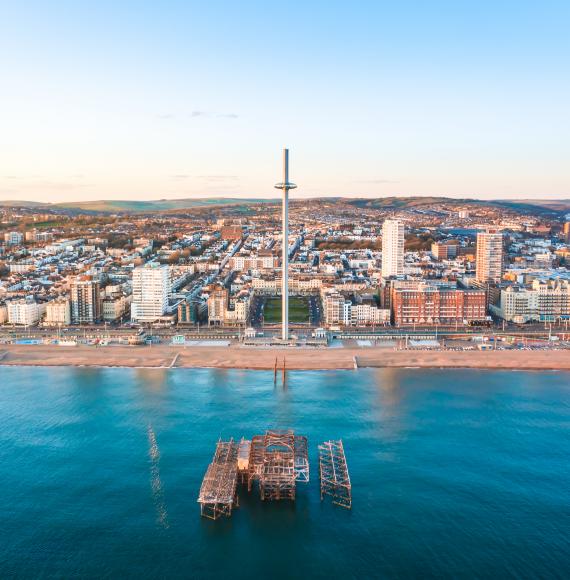Nottingham City Council has welcomed new rules regarding the government’s Right to Buy scheme but says a wider review is still required.
Under Right to Buy, council tenants have the option to buy their home at a discount, depending on how long they have lived there for.
Previously when this happened, the local council could spend the money from the sales on up to 30% of the cost of a new or replacement affordable home.
However, if the receipts were not spent within three years of the sale, they had to be given back to the government with interest.
Councils will now have longer to reinvest money from council house sales in new housing and will be given a greater percentage of receipts, increasing from three to five years and from 30 to 40% respectively.
This follows a Ministry of Housing, Communities and Local Government (MHCLG) consultation in 2018 on how councils could use Right to Buy receipts.
Nottingham City Council responded by asking for a moratorium on new builds, which would prevent them from being bought immediately.
Under the new rules, the authority will now be able to keep annual underspends of £1.7m in 2020/21 and an anticipated £686k for the current financial year for two more years, which is to be spent on modern social housing.
Commenting, Nottingham City Council’s Portfolio Holder for Housing, Planning and Heritage, Councillor Linda Woodings said:
“This news is welcome for Nottingham because it will give us a more reasonable time to reinvest money we receive from the sale of council houses into new affordable homes to ease the pressure on our housing list.
“However, while this additional period is helpful, it is becoming impossible to keep up with the rate of sales, we can’t build replacements fast enough.
“These properties regularly turn up on the private rental market soon after and this is not helpful in a city with such high demand on social housing.
“We have been clear for some time that we would like to see this scheme halted. Back when the legislation was passed nearly 40 years ago, Nottingham had around 55,000 council properties for local people.
“Since then, almost half of these have been sold to the private market and the current rate of sales is more than one home per day under Right to Buy.
“The council’s housing policy favours mixed tenure developments, but many of these Right to Buy homes are sold on to private landlords and this can push up rental prices locally.
“It also presents us with a problem, because as our own housing stock diminishes, we have fewer properties to offer to those people in need.
“We believe that the government needs to urgently consider a fundamental review of Right to Buy.
“The current discounts offered to tenants are too high in our opinion, the selling on to private landlords creates management problems and poor maintenance of properties, and we also think that councils should retain 100% of Right to Buy receipts for reinvestment in new homes where they are needed.”



















